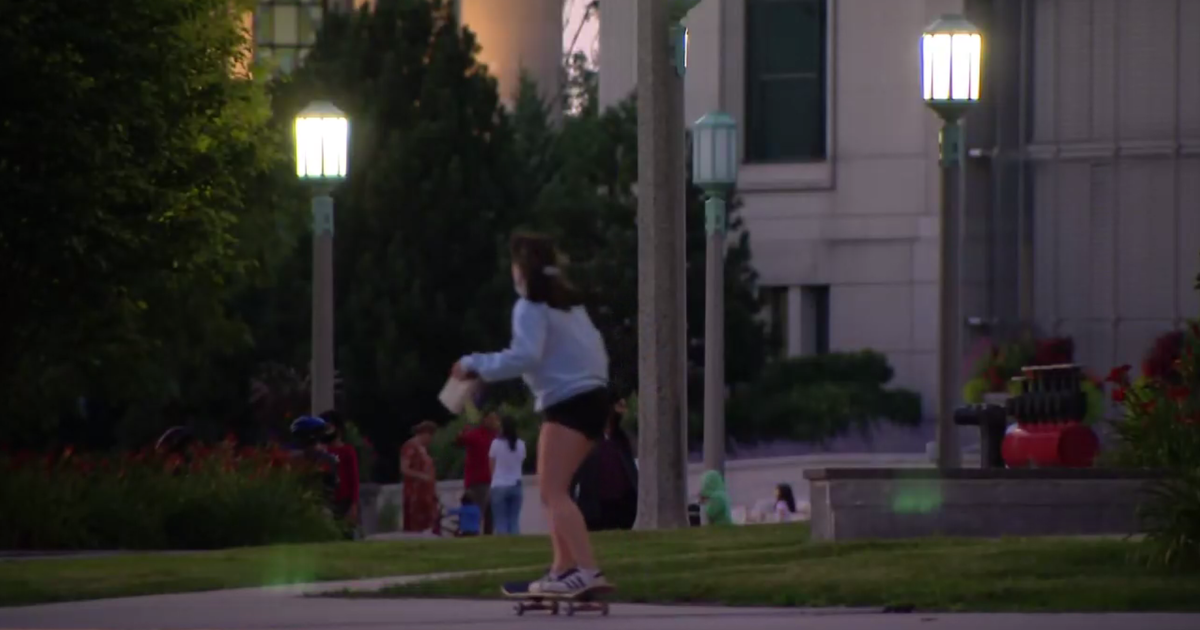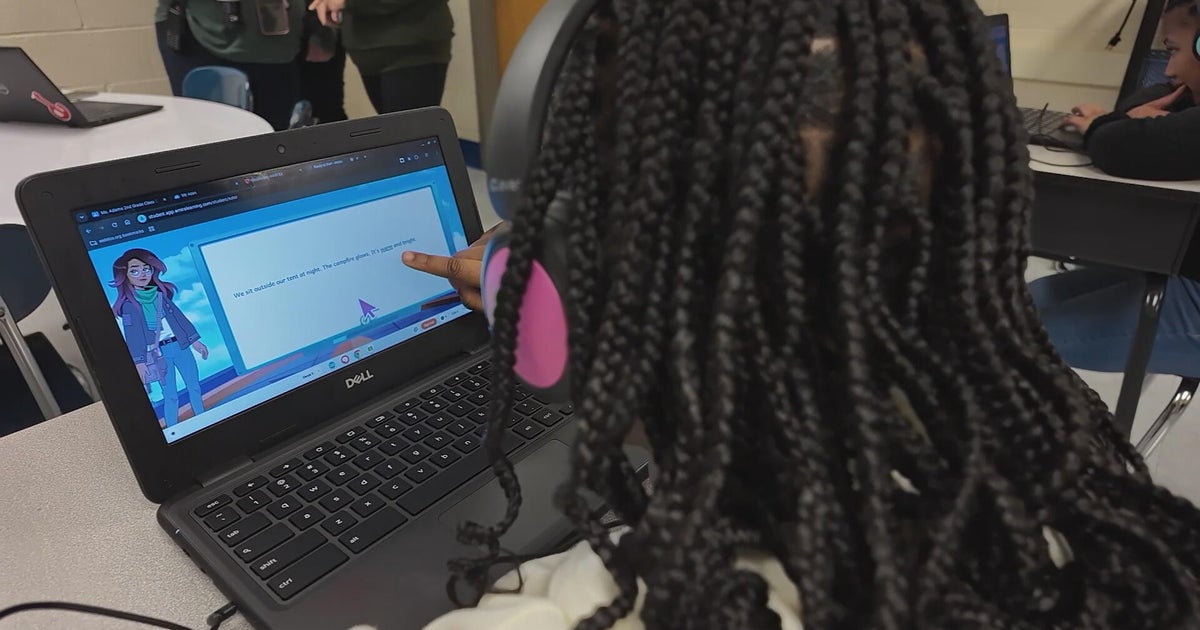U.S. News' 2024 college ranking boosts public universities
U.S. News & World Report's 2024 college rankings features many of the usual prestigious institutions at the top of the list, but also vaults some schools much higher after the publisher revised its grading system to reward different criteria.
U.S News' ranking algorithm now based more than 50% of an institution's score on what it describes as "success in enrolling and graduating students from all backgrounds with manageable debt and post-graduate success." The system also places greater emphasis on "social mobility," which generally refers to an individual making gains in education, income and other markers of socioeconomic status.
Overall, more than a dozen public universities shot up 50 spots on the annual list of the U.S.' best colleges, while several elite private schools largely held their ground, the new report shows.
"The significant changes in this year's methodology are part of the ongoing evolution to make sure our rankings capture what is most important for students as they compare colleges and select the school that is right for them," U.S. News CEO Eric Gertler said in a statement.
The change comes after a chorus of critics complained that the publication's rankings reinforce elitism and do little to help students find schools that suit their academic needs and financial circumstances. A growing number of schools, including elite institutions such as Columbia University and the Harvard and Yale law schools, also have stopped participating in the ranking and publicly criticized U.S. News' methodology.
Public schools score better
Public institutions notched some of the biggest gains on U.S. News' ranking, which many students and families use to help guide their choice of where to matriculate. For example, the University of Texas at San Antonio and California State University, East Bay, jumped 92 and 88 spots up the list, respectively. Other well-known public universities, like Rutgers University in New Jersey, saw its three campuses rise at least 15 places each.
Meanwhile, private Christian institutions such as Gwynedd Mercy University and the Southeastern Baptist Theological Seminary, rose 71 and 106 spots in the ranking, respectively.
Despite the new ranking system, the top 10 universities on U.S. News' list barely budged. Princeton notched the No. 1 spot for the new academic year, followed by the Massachusetts Institute of Technology, Harvard, Stanford and Yale — the same positions as last year. Among schools focused on liberal arts, Massachusetts' Williams College was ranked No. 1, with Amherst, the U.S. Naval Academy, California's Pomona College and Swarthmore in Pennsylvania rounded out the top 5.
U.S. News' overhauled ranking formula uses 19 measures of academic quality to asses schools. It also dropped five factors that affected a college's ranking: class size; faculty with terminal degrees; alumni giving; high school class standing; and the proportion of graduates who borrow federal loans.
Perhaps not surprisingly, some universities are now objecting to the latest ranking. Tennessee's Vanderbilt University, which fell to No. 18 from No. 13 the previous year, attacked U.S. News' revised approach as flawed, Bloomberg reported.
"U.S. News's change in methodology has led to dramatic movement in the rankings overall, disadvantaging many private research universities while privileging large public institutions," Chancellor Daniel Diermeier and Provost C. Cybele Raver wrote in an email to alumni, according to the news service.
The most recent data was collected through surveys sent to schools in the spring and summer of 2023. Roughly 44% of colleges that received the surveys completed them, according to U.S. News.
U.S. News' previous college rankings did not give enough weight to whether colleges provide students with the tools they need to climb the socioeconomic ladder after graduation, experts have told CBS MoneyWatch. The media company's system also factored in more intangible metrics like "reputation" and considered such factors as "faculty compensation" — criteria that critics say have little to do with the quality of education a school provides.



